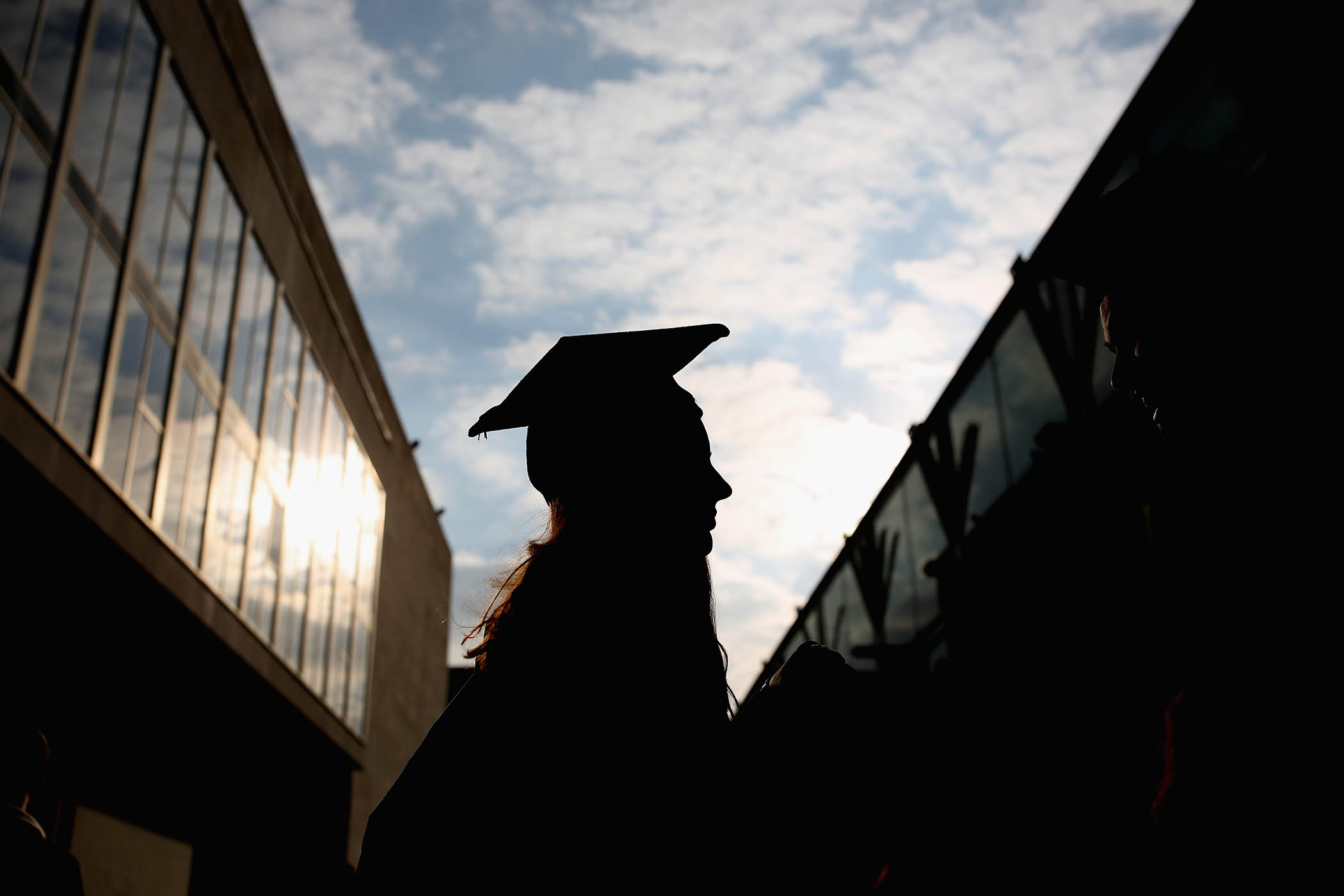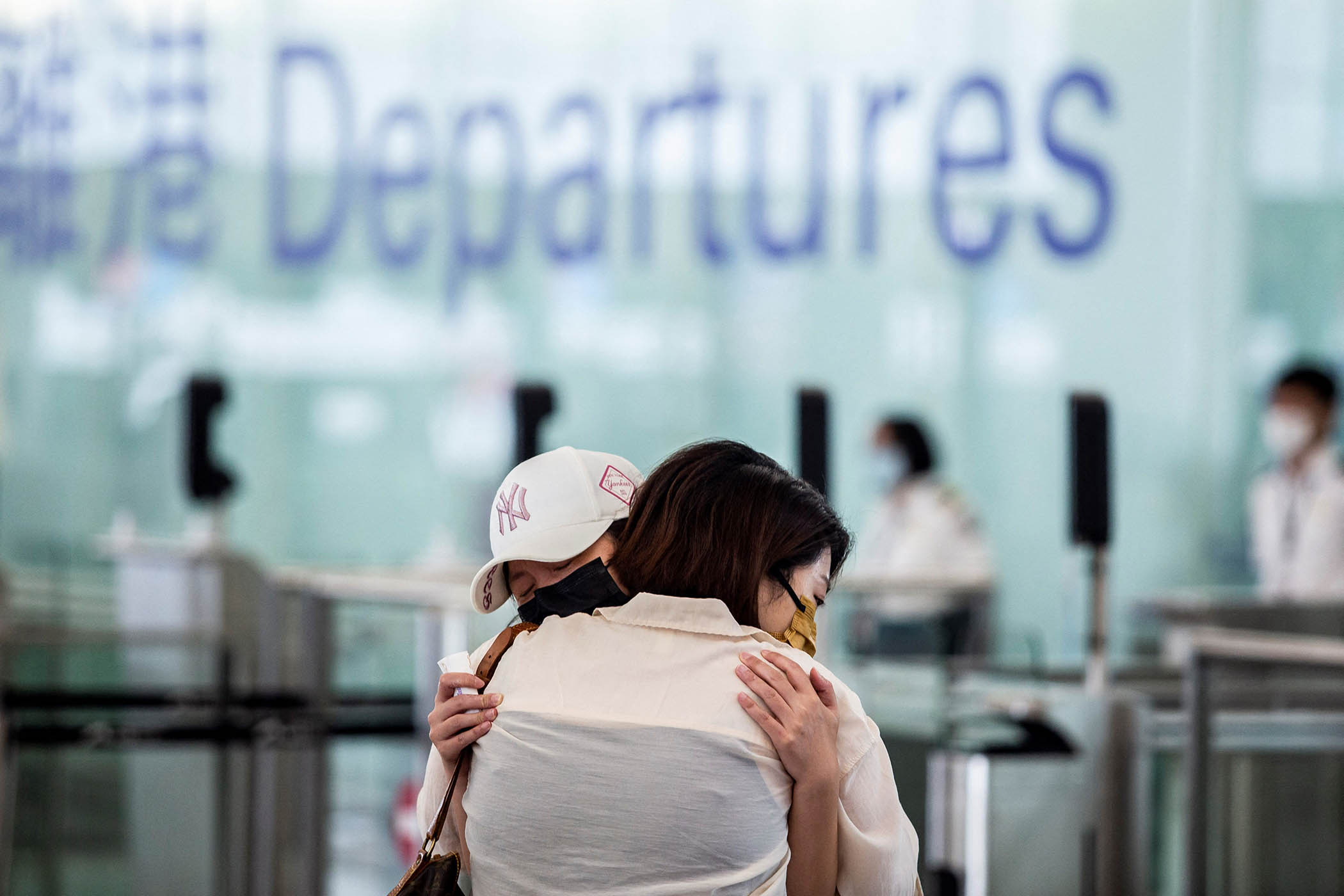Government plans to introduce a levy on international students in England could mean over 30,000 fewer places for UK students in the first year alone as universities struggle to cope with the resulting loss of income, new modelling has suggested.
A Home Office white paper on controlling immigration, published in May, focussed in part on the growing number of international students in the UK. As well as halving the length of time international students could stay in the UK to work after their degree, the government has proposed a 6% levy on international student fees to provide extra funding for education and skills.
But a new study by policy consultancy Public First, shared exclusively with The Observer, has found that the government is “drastically underestimating” the impact this would have on the number of students choosing to come to the UK. Public First’s modelling found that if universities raised international fees by 6% to cover the levy it could result in a loss of around 77,000 overseas students and cost the sector £2.2bn over five years.
International students are a crucial income stream for many universities, especially the country’s most prestigious institutions. The Public First report warned that universities could be forced to slash home student places, which are typically subsidized by much higher international fees, cutting up to 33,000 UK places in the first year of a levy and 135,000 over five years.
“International students are the backbone of our higher education system, but they are far easier targets to crack down on than small boats,” said Nick Hillman, director of the Higher Education Policy Institute.
He added, “The government’s position is that Trump’s tariffs are a bad thing, but this levy is a tariff.”
“The proposal that the government will explore the introduction of a levy on [higher education] provider income from international students would see the funds reinvested in our higher education and skills system, ensuring that revenue is more widely shared and their contributions felt throughout our communities,” a spokesperson for the Department for Education said.
“To put universities on a secure financial footing through our Plan for Change, we have increased tuition fees for the academic year 2025/26 in line with forecast inflation and refocused the Office for Students to monitor the financial health of the sector.”
“No decisions have been made on the size of the levy or its implementation and we will set out more details in due course,” they added.
Simon Marginson, professor of higher education at Oxford University, said that until this year “international student demand for the UK was very robust”.
Newsletters
Choose the newsletters you want to receive
View more
For information about how The Observer protects your data, read our Privacy Policy
But, he warned, the new levy was being mooted at a time when “early indications in parts of the Russell Group [of elite universities] are that student numbers from China in 2025-26 are well down.”
Photograph by James Brittain/View Pictures via Getty Image


